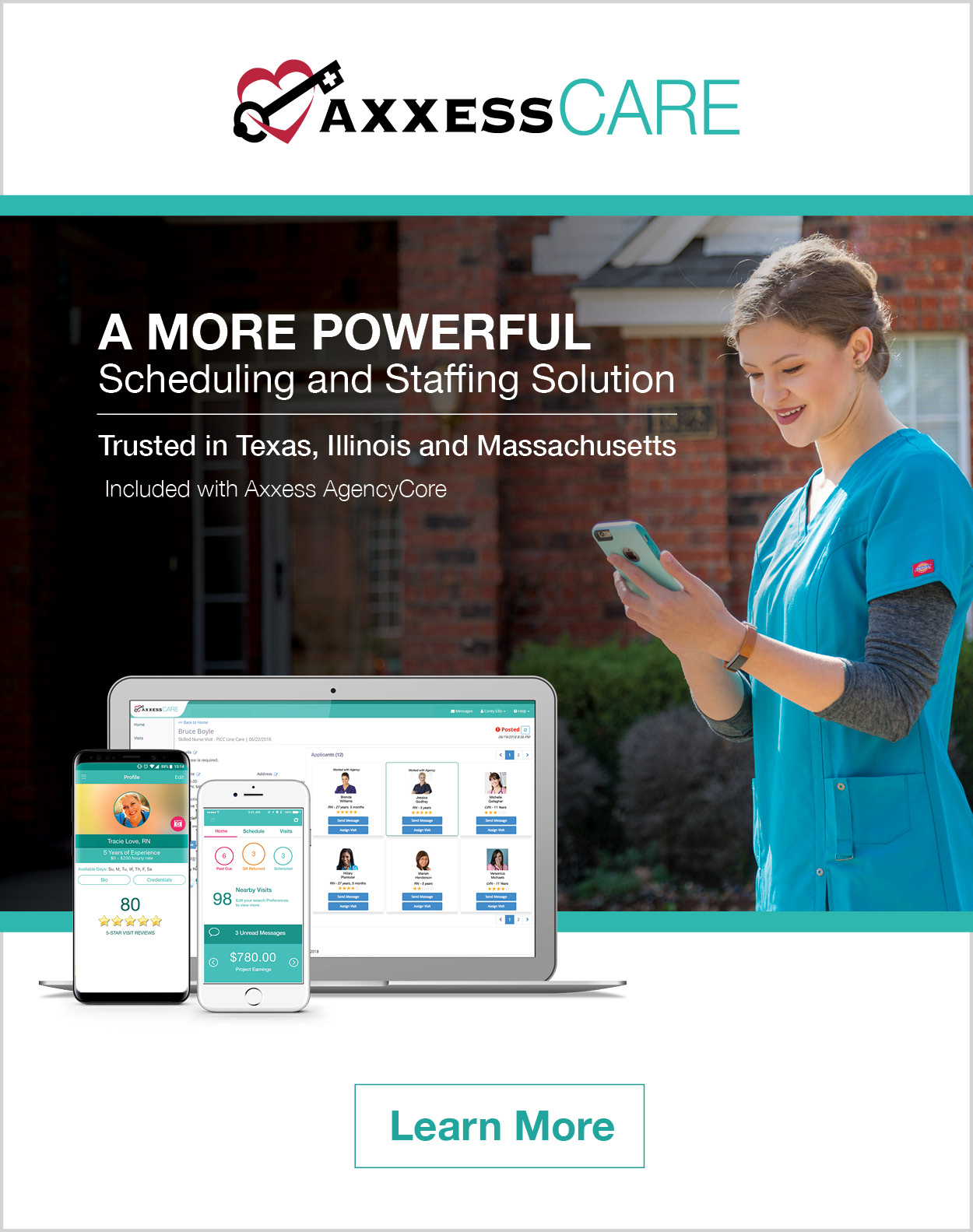The Affordable Care Act, Section 6405, requires physicians or other eligible professionals to be enrolled in the Medicare program as a prerequisite for ordering or referring items or services for Medicare beneficiaries. (Note: – pertains to only Medicare Fee-For-Service or Original Medicare)
Home Health Agency services may only be ordered or referred by a Doctor of Medicine (MD), Doctor of Osteopathy (DO) or Doctor of Podiatric Medicine (DPM), and claims for HHA services ordered by any other practitioner will be denied. The National Provider Identifier standards (NPIs) were determined to be the unique identifiers for these professionals effective May 23, 2008.
The Centers for Medicare and Medicaid services (CMS) the implemented audits on ordering and referring providers as required in Part A HHA claims for services provided as a result of orders and referrals. Other types of claims being audited include clinical laboratories for tests, imaging centers, and Durable Medical Equipment, Prosthetics, Orthotics, and Supplies (DMEPOS).
The PECOS audit was meant to determine if the Ordering/Referring Provider:
(1) has a current Medicare enrollment record which contains a valid NPI
(2) name and NPI match, and
(3) is of a type that is eligible to order and refer services for Medicare beneficiaries. These audits are meant to prevent fraud and help protect Medicare beneficiaries and the integrity of the Medicare program.
PECOS audits were implemented in two phases. The First Phase began October 5, 2009 and alerted the billing provider the identification of the ordering/referring provider as missing, incomplete, or invalid; or that the ordering/referring provider being ineligible to order or refer the beneficiary.
For Part A HHA providers who order and refer, the claims system initially processed the claim and added the following remark message:
| N272 | Missing/incomplete/invalid other payer attending provider identifier |
For adjusted claims, the Claims Adjustment Reason Code (CARC) 16 and/or the RARC code N272 was used.
Phase Two became effective for claims with dates of service on or after January 6, 2014. In this phase, if the ordering/referring provider does not pass the audits, the claim will be denied. This means the billing provider, or HHA, will not be paid for the items or services that were furnished based on the order or referral. The denial audits for Part A HHA providers will read:
| 37236 |
|
| 37237 |
|
How can you be sure that your claims will pass the PECOS Ordering/Referring Provider audits?
1) Ensure those providers from whom you accept orders and referral have current Medicare enrollment records and are a type/specialty that is eligible to refer in the Medicare program.
2) Ensure you are correctly spelling the Ordering/Referring Provider’s name.
3) Ensure the provider’s name does not include “nicknames”, credentials, or middle names/initials. This additional information may cause the audit to fail.
4) Be sure the NPI you use is an individual’s NPI rather than an organization, such as a group practice.
If your claim did not initially pass the Ordering/Referring provider audits, you may file an appeal through the standard claims appeals process or work through your MAC. Simply re-billing these claims will not get them paid.
HHA’s will also need to note that claims from billing providers that are denied because they failed the ordering/referring audit shall not expose a Medicare beneficiary to liability. Therefore, an Advance Beneficiary Notice is not appropriate in this situation.
For more information on PECOS Ordering/Referring Provider Audits, visit:




